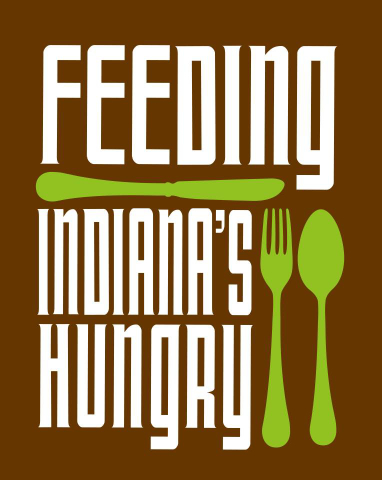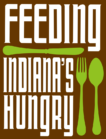In federal fiscal year 2022, the member food banks of Feeding Indiana’s Hungry distributed more than 113 million pounds of donated and purchased food as well as commodities from the USDA. Hoosiers at risk of hunger were further served by federal nutrition programs like the Supplemental Nutrition Assistance Program (SNAP); the Special Nutrition Program for Women, Infants, and Children (WIC); Pandemic-EBT; and school meals.
These programs, combined with the work of the charitable sector, helped Hoosier families put food on the table. But hunger does not exist in a vacuum. We know our neighbors struggle with any number of issues, including but not limited to housing, transportation, medical expenses, utility bills, and education costs.
We support the Education and Career Support Services Pilot Program for adult students in House Bill 1160 authored by Representative Ed Clere (HD 72-New Albany) and sponsored by Senator Jon Ford (SD 38-Terre Haute). One in three college students faces food insecurity nationally according to a 2020 study.[i] This study also showed that:
- More than half of all students (52%) sometimes use off-campus food pantries – and 30% use them once a month or more.
- 49% of student parents have experienced food insecurity.
- 34% of students say they know someone who has dropped out of college due to difficulties affording food.
As students enter college with hopes of creating a better future, many are struggling to support themselves and finish their degree. While assistance like local food pantries and SNAP exist, many students don’t know how to access these resources. The support coaches created by this bill will provide information about anti-hunger programs and others to students in need of a little extra help to finish college.
We urge Indiana Senate members to support this legislation.
[i] Chegg.org study based on a survey of 1,000 U.S. undergraduates conducted between October 28th and November 6th, 2020.



